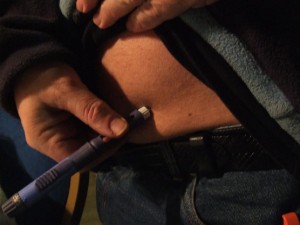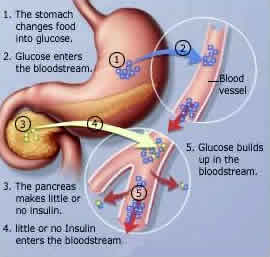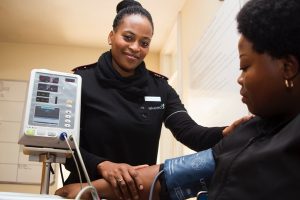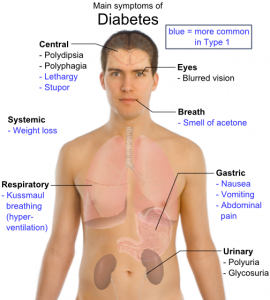Just How Low Is Low Blood Sugar
How low is low blood sugar?
Generally speaking, your blood sugar should never dip to 70 mg/dL or lower. When a person’s blood sugar dips lower than it should, this is known as hypoglycemia. It is a dangerous condition that could even be life threatening if not attended to. While hypoglycemia is more of a problem for diabetics than for non-diabetics, it should be noted that 70 mg/dL is the standard limit for what constitutes low blood sugar.
Causes and Symptoms

Skipping meals, drinking alcohol and/or changes in exercise habits can also bring about hypoglycemia if a person has diabetes type 2.
Some of the many symptoms of hypoglycemia include:
- double vision
- headaches
- nervousness
- rapid heartbeat
- shaking
- sweating
- fatigue
However, there is also the danger of a person not feeling any of the above mentioned symptoms before more serious symptoms set in. Some of the most serious symptoms of hypoglycemia include fainting and seizures.
Blood Sugar Goals
Knowing how low is low blood sugar is not enough. A person needs to take action to ensure that his or her blood sugar levels remain stable. Generally speaking, a healthy person’s blood sugar levels should remain between 80 mg/dL and 160 mg/dL. While many diabetics have a higher range that what has been mentioned here, it is not impossible for a person with diabetes type 2 to attain to this healthy blood sugar level. However, those who have diabetes will want to consult a doctor, as one’s ideal blood sugar level range does vary from person to person.
An Introduction to Hemoglobin A1C Tests
Hemoglobin A1C tests can help to determine just how low is low blood sugar. These tests can be found in many doctor offices, but there are also home kits that can be used by a diabetic without professional medical help. The hemoglobin A1C home test should be used before mealtimes, after mealtimes and before going to bed. It will help one get a good idea of what his or her average blood sugar level is at various times of the day.
Ideally, a diabetic should strive for a blood sugar level of 80 mg/dL to 160 mg/dL. However, this goal may not be realistic for everyone, which is why consulting a doctor and using a Hemoglobin A1C home test kit is important. Knowing about blood sugar ranges, especially the low range will help keep you in good health.


 Once you start to notice the symptoms of diabetes, or things that you think may be diabetes such as frequent urination or constant drinking of fluids when you normally don’t, then you may want to consult with your doctor or physician and let them know what is going on so that you can be tested for diabetes as early as possible.
Once you start to notice the symptoms of diabetes, or things that you think may be diabetes such as frequent urination or constant drinking of fluids when you normally don’t, then you may want to consult with your doctor or physician and let them know what is going on so that you can be tested for diabetes as early as possible. Symptoms of diabetes are generally the same for all ages but may just be seen at various times rather than all at once. For older people it may take longer to show symptoms of diabetes while younger people may experience them all at once. Most important, is once you do recognize the symptoms, you need to get help!
Symptoms of diabetes are generally the same for all ages but may just be seen at various times rather than all at once. For older people it may take longer to show symptoms of diabetes while younger people may experience them all at once. Most important, is once you do recognize the symptoms, you need to get help!
